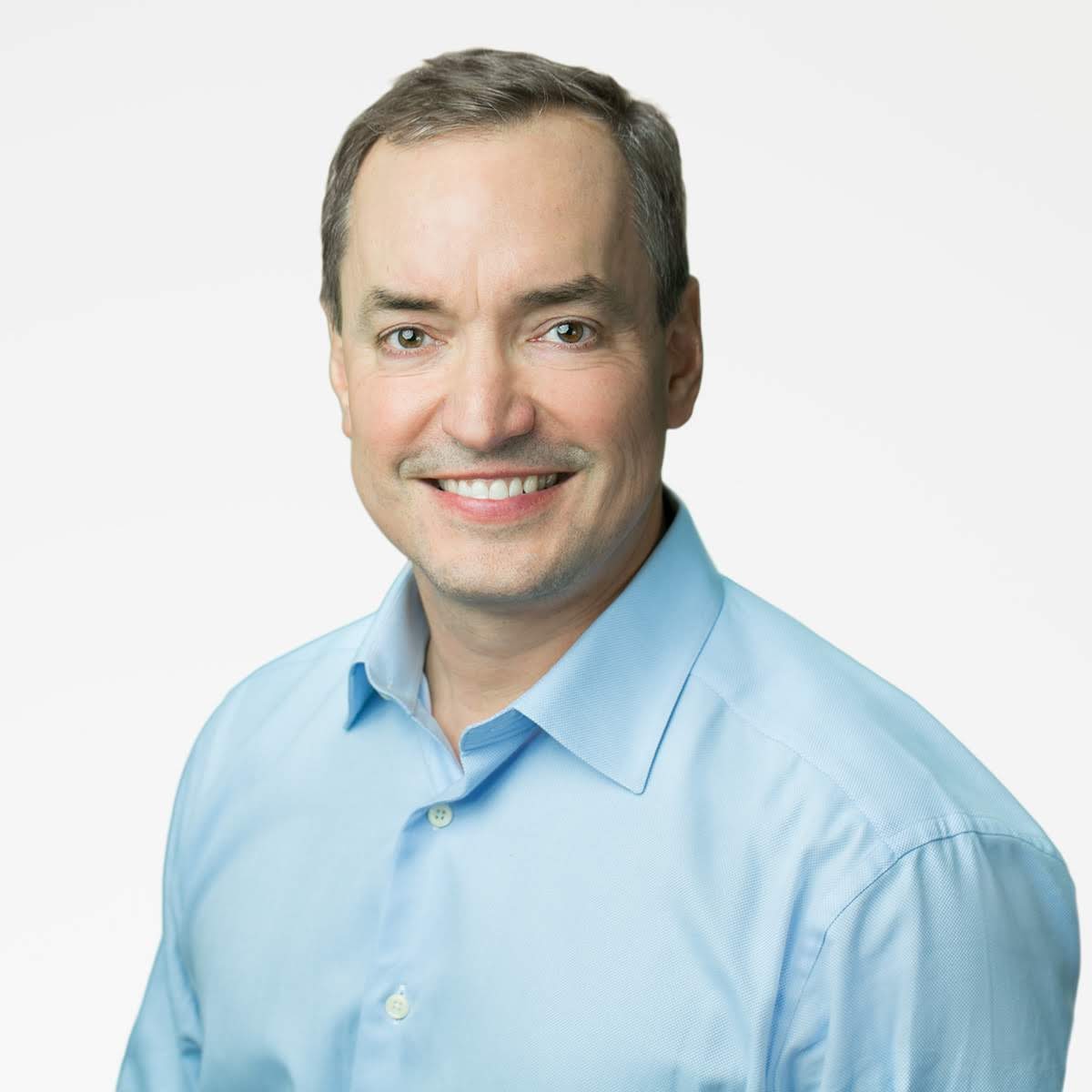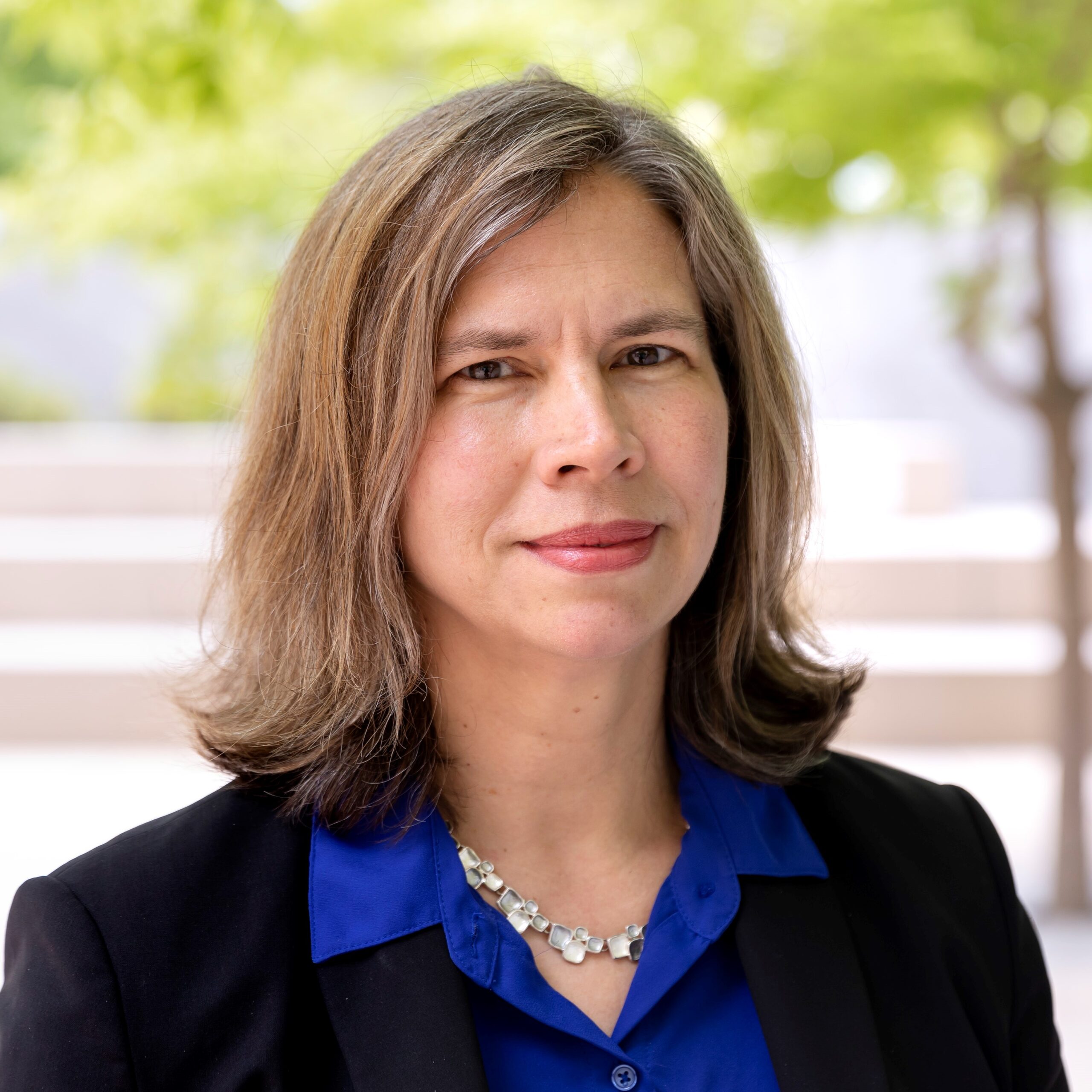

Information for the upcoming PSB is now available.
The Pacific Symposium on Biocomputing (PSB) 2024 was an international, multidisciplinary conference for the presentation and discussion of current research in the theory and application of computational methods in problems of biological significance. Papers and presentations were rigorously peer reviewed and were published in an archival proceedings volume. PSB 2024 was held on January 3-7, 2024 at the Fairmont Orchid on the Big Island of Hawaii, Hawaii, USA. 2024 marks the 29th year of PSB.
PSB 2024 brought together top researchers from the US, the Asian Pacific nations, and around the world to exchange research results and address open issues in all aspects of computational biology. PSB is a forum for the presentation of work in databases, algorithms, interfaces, visualization, modeling and other computational methods, as applied to biological problems, with emphasis on applications in data-rich areas of molecular biology.
The PSB has been designed to be responsive to the need for critical mass in sub-disciplines within biocomputing. For that reason, it is the only meeting whose sessions are defined dynamically each year in response to specific proposals. PSB sessions are organized by leaders in the emerging areas, and targeted to provide a forum for publication and discussion of research in biocomputing's "hot topics." In this way, PSB provides an early forum for serious examination of emerging methods and approaches in this rapidly changing field.
PSB offered five workshops. The workshops were created
to provide an opportunity for a gathering that will not be based on peer-reviewed papers included in the proceedings book.
The workshops consisted of presentations by invited speakers. Abstract submissions for the workshops were evaluated by the
workshop co-chairs.
The core of the conference consists of rigorously peer-reviewed full-length papers reporting on original work.

Scott Penberthy uses AI to eradicate cancer and help people live longer, healthier lives with simple habits. As a member of Google Cloud?s CTO Office, Scott builds and delivers cloud computing stacks for customers, supporting the shift from in-vitro to in-silico medicine. Scott is also a Board Member of the LustGarten Foundation for pancreatic cancer, the Stanford Center for Pharmacogenomics, and the AI Journal for Precision Oncology.
The trick? Scott uses neural nets (e.g. LLMs, MPNNs, CNNs) to model our lives and data as tensors, essentially high dimensional versions of cubes, trapezoids and more. Healthy lives are paths through these shapes, where machines detect when we drift, then suggest simple actions to keep us moving forward, feeling great and staying healthy. Tensors are the ultimate equalizer, dealing with everything from your weight, resting heart rate, to DNA, your gut microbiome, x-rays, daily supplements and Peloton workouts.
Scott is inspired by an emergent stack for programming in human language (and Mojo!), purpose built for the AI generation, reasoning and computing with trillions of tensors in milliseconds. Tensor networks, tensor databases, tensor prompts, tensor patterns, tensor generators, and more. This is the Age of Phenomics. Scott has a PhD in AI and Computer Science, having studied at the University of Washington and MIT, and decades of experience as a serial enterprise CTO. Interested to learn more? Follow his journey as @TensorDoc on social media.

Andrea Roth is a Professor of Law at UC Berkeley. Before that she was a Thomas Grey Fellow at Stanford and a public defender in Washington, D.C. Her research focuses on how pedigreed concepts of criminal procedure and evidentiary law work in an era of science-based prosecutions, e.g., Machine Testimony, Yale Law Journal (2017). She serves as national chair of the legal advisory group for NIST's Organization of Scientific Area Committees. She is a faculty co-director of the Berkeley Center for Law and Technology and is an elected member of the American Law Institute. She has received both the law school's teaching award and the Berkeley campus-wide Distinguished Teaching Award.
Andrea Roth gave a talk entitled Machine Accusers: The Right to Confront Witnesses in an Age of AI.
PSB 2024 gratefully acknowledges the support of the following sponsors for their support of PSB 2024.
*Funding for this conference was made possible (in part) by Grant # R13LM006766 from the National Library of Medicine. The views expressed in written conference materials or publications, and by speakers and moderators, does not necessarily reflect the official policies of the Department of Health and Human Services; nor does mention by trade names, commercial practices, or organizations imply endorsement by the U.S. Government.
If you or your organization would like to be a sponsor of PSB, please email the PSB Coordinator at psb.hawaii @ gmail.com.
Information about previous PSB meetings, including the full electronic proceedings, is available.
Tiffany Murray
PSB Coordinator
Department of Bioengineering
443 Via Ortega Room 213
Stanford, CA, USA 94305
Telephone: (650) 725-0659
Email: psb.hawaii @ gmail.com
This page is no longer being updated. Last update: January 26, 2024.